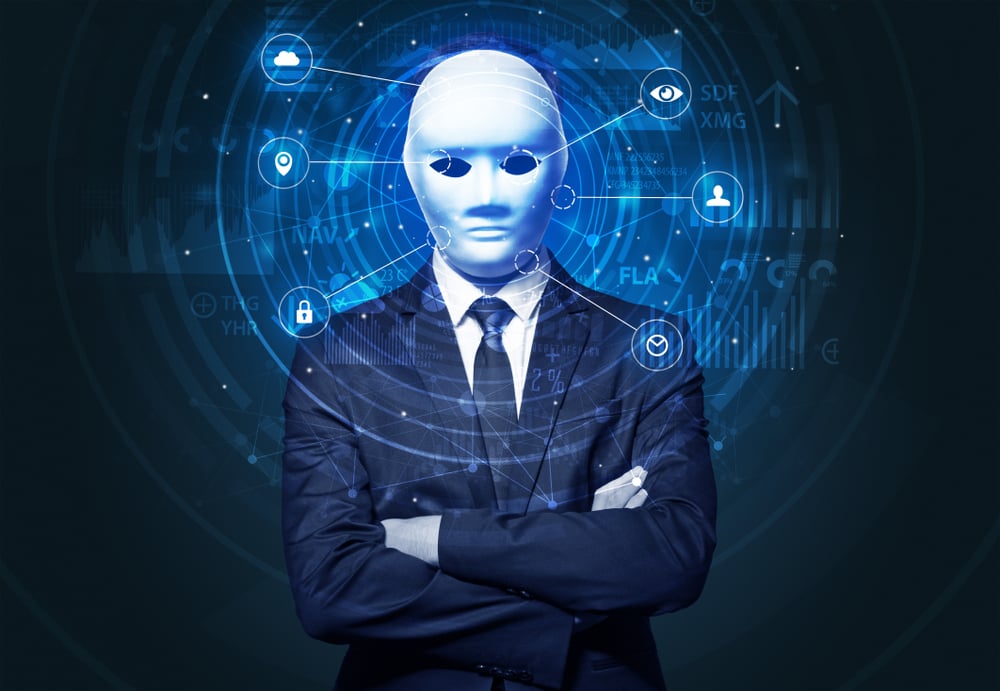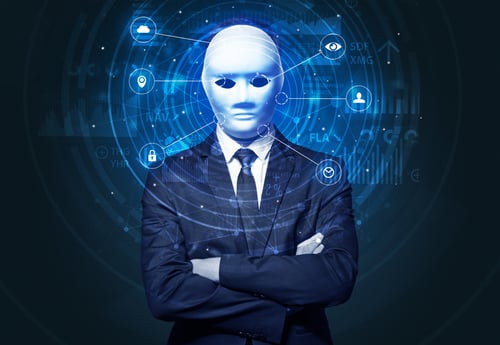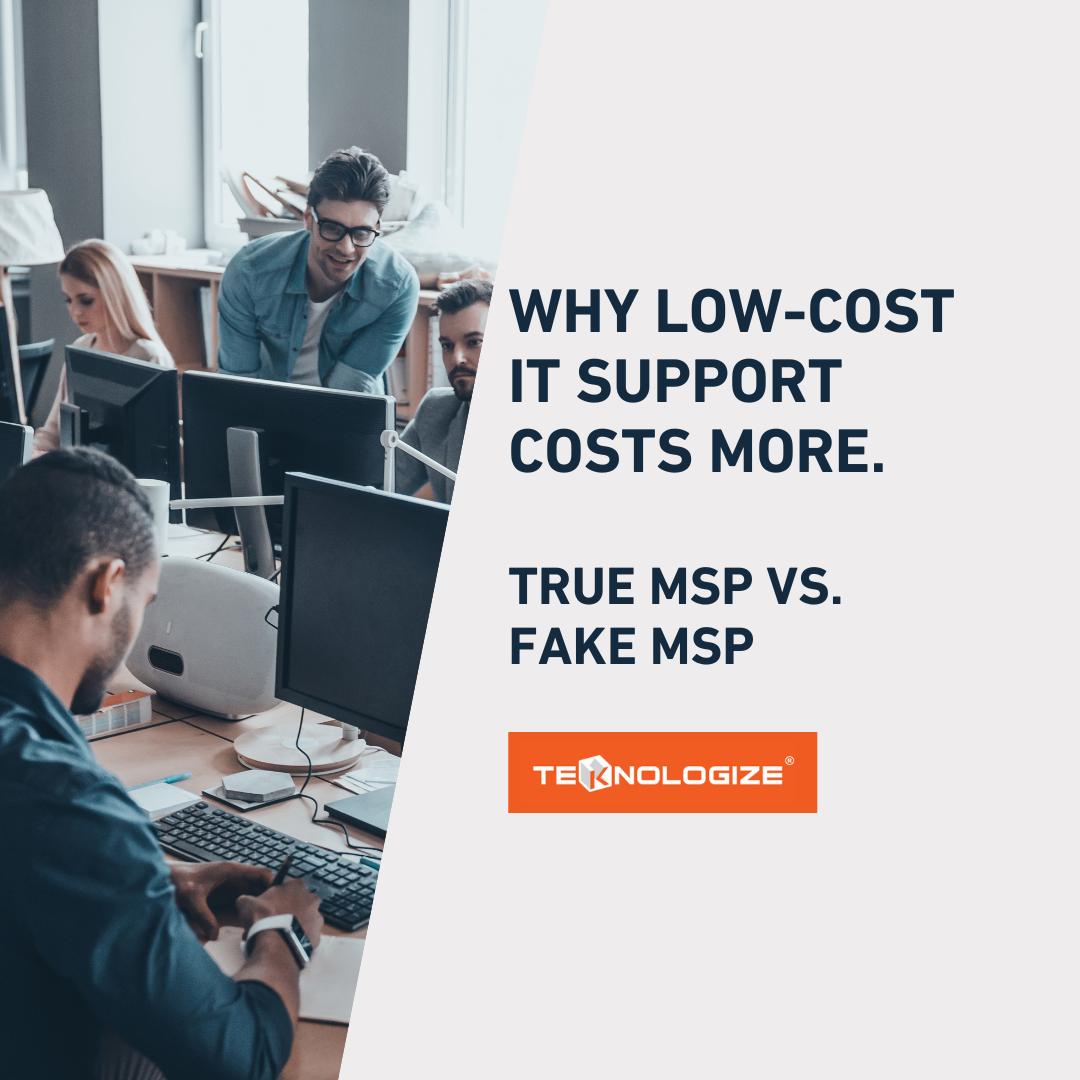Endpoint Detection and Response (EDR): Enabling Secure Growth for Small Businesses
Cybercriminals don’t go after businesses because they’re big.They go after businesses because they’re accessible. According to the IBM Cost of a...
3 min read
 Byron Martin
:
Apr 23, 2024
Byron Martin
:
Apr 23, 2024

The year 2023 marked a significant turning point for cyber-attacks with the introduction of AI (artificial intelligence), now in the hands of people who wish to do you harm and who are actively using it to find faster and easier ways to rob you, extort you or simply burn your business to the ground.
While it may be tempting to brush off the warnings like exaggerated weather forecasts, the reality is that the threat of cyber-attacks is no longer a question of if, but when. The recent Hiscox Cyber Readiness report disclosed that 53% of businesses fell victim to at least one cyber-attack in the past year, with 21% facing attacks that jeopardized the very existence of their operations.
With the upcoming U.S. presidential election and ongoing conflicts worldwide, the landscape is ripe for cybercriminals seeking both financial gain and payback.
1. The Rise of AI Powered Attacks

If we think of cybersecurity as a game of chess, AI is the Queen, bringing realistic deepfake social engineering tactics designed to deceive individuals and organizations for financial motives.
We’ve already seen scams using AI-generated voices of family members, calling relatives to claim they’ve been injured, kidnapped or worse, to extort money. This is also being used to hack into companies by getting employees to provide login information to people they think are their IT department or boss.
This is where employee awareness training, as well as controls such as MFA (multi-factor authentication), come into play.
2. Increased Vulnerability Of Remote Workers

The rapid growth of remote work is here to stay, bringing about a significantly increased vulnerability to cyber threats.
From laptops being carried around and connected to suspicious Wi-Fi to mobile phones providing a “key” to logging into critical applications (like your bank account, Microsoft 365, line-of-business, and credit card applications), these devices pose a high risk of being easily lost or stolen. Further, when people use their own devices or work remotely, they tend to mix business and personal activities on the same device.
That employee who frequents gambling sites may be using the same device to login to company e-mail or critical applications. Even logging into personal social media sites that get hacked can provide a gateway for a hacker to get to YOUR company’s information through a user’s (employee’s) personal accounts.
3. Escalation Of Ransomware Attacks

With approximately 1.7 million ransomware attacks occurring daily, that equates to 19 individuals being hacked every second worldwide.
If you’ve been lucky enough to avoid this, know that someone else is getting hacked on a very frequent basis, and you are very likely to be hit.
Last year, ransomware attacks increased by 37% with the average ransom payment exceeding $100,000, with an average demand of $5.3 million.
Fortunately, not all ransom attacks are successful. Businesses are getting much smarter about cyber protections and have been able to put in place defenses that prevent hackers from successfully extorting their victims.
4. IoT Attacks

IoT, short for the "Internet of Things," refers to the expanding network of Internet-connected devices.
Today, even kitchen appliances, like refrigerators, can be connected to the Internet to tell you when it’s time to change the water filter or alert you if there’s a power outage.
This means hackers have a FAR greater number of access points into your world. If there are 100+ more doors to walk through in a house, you have a much greater security risk than if there are only five. That’s why IoT attacks present such a problem for us and a huge opportunity for hackers.
While many people know they should lock their PC, they might not be as meticulous in locking down their fridge or their dog’s tracking collar, but those could all provide access to you, your devices, e-mail, credit card, and personal information.
5. Cyber Protection Legal Requirements

In an effort to combat the overwhelming surge of cybercrime, the government is introducing stricter federal and state regulations that require business owners to implement "reasonable security" measures to safeguard their employees and clients.
The FTC (Federal Trade Commission) has been the most active in this space, bringing numerous actions against companies it claims failed to implement reasonable security measures, and issuing monetary penalties.
Of course, all 50 states plus Washington D.C. have passed laws imposing security requirements as well as data breach notification laws that require businesses to notify anyone whose data and PII (personally identifiable information) has been stolen or accessed by hackers via the company. For example, in California, under the California Privacy Rights Act (CCPA), a business could face a penalty of $100 to $750 per consumer and per incident if that company gets hacked and the court determines they failed to put in place reasonable security procedures.
To make sure you’re properly protected, get a FREE, no-obligation Cybersecurity Risk Assessment. During this assessment, we’ll review your entire system so you know exactly if and where you’re vulnerable to an attack.
Schedule your assessment with one of our senior advisors by calling us at 509-396-6640 or click here to schedule a call.
Teknologize is a SOC 2 certified, Professional Technology Services company with clients throughout the Pacific Northwest. We have offices located in:
Tri-Cities, Washington 509.396.6640
Yakima, Washington 509.396.6640
Bend, Oregon 541.848.6072
Questions about your IT or Cybersecurity? Give us a call today!
%20Enabling%20Secure%20Growth%20for%20Small%20Businesses.png)
Cybercriminals don’t go after businesses because they’re big.They go after businesses because they’re accessible. According to the IBM Cost of a...

IT Support Companies Can All Sound the Same, Until You Know What to Look For Business owners all want the same thing from their IT: reliability,...

Many SMBs don’t actually have an IT budget; they have a list of last year’s expenses. Everything goes into one bucket, and next year’s “budget” is...